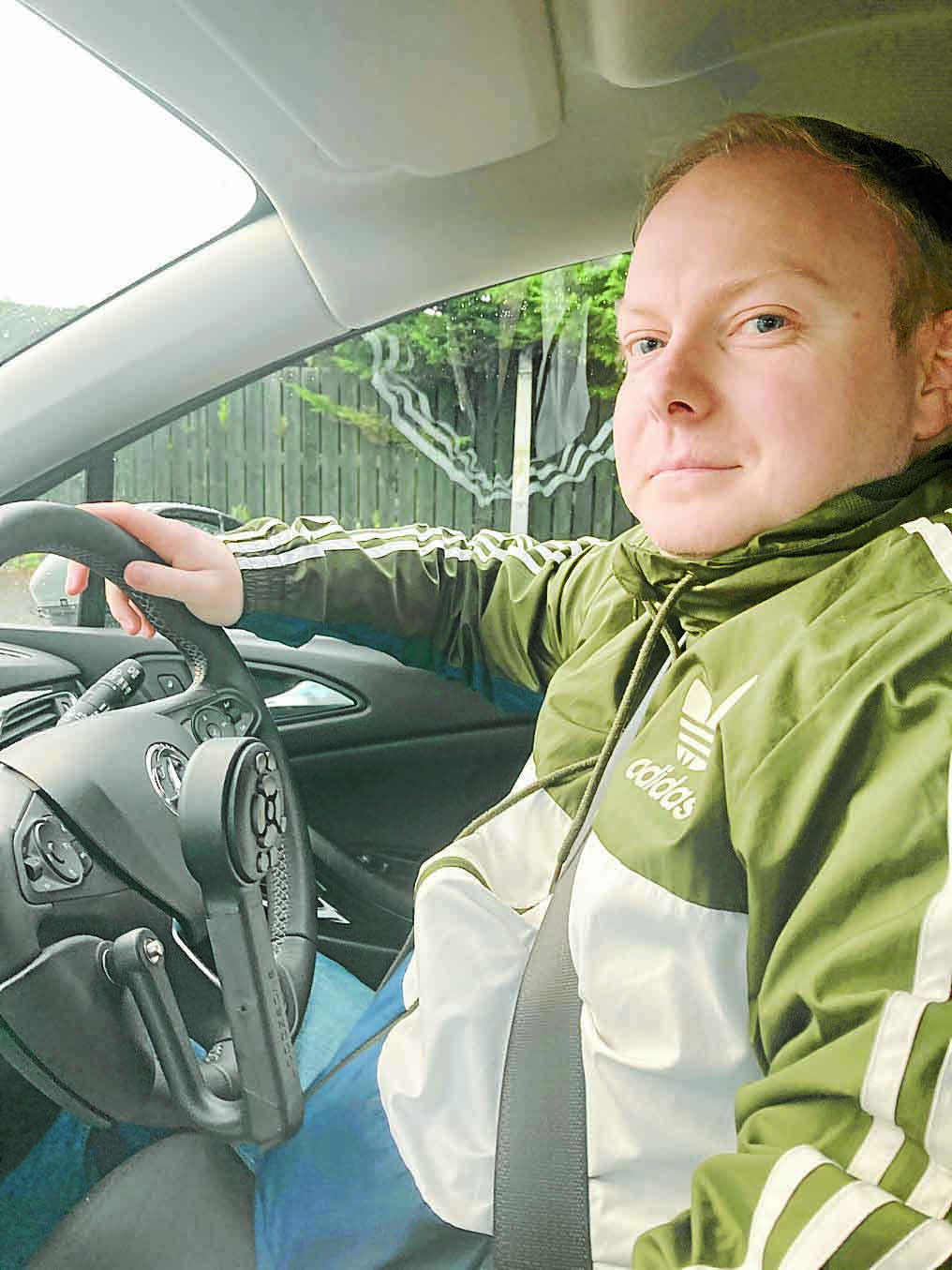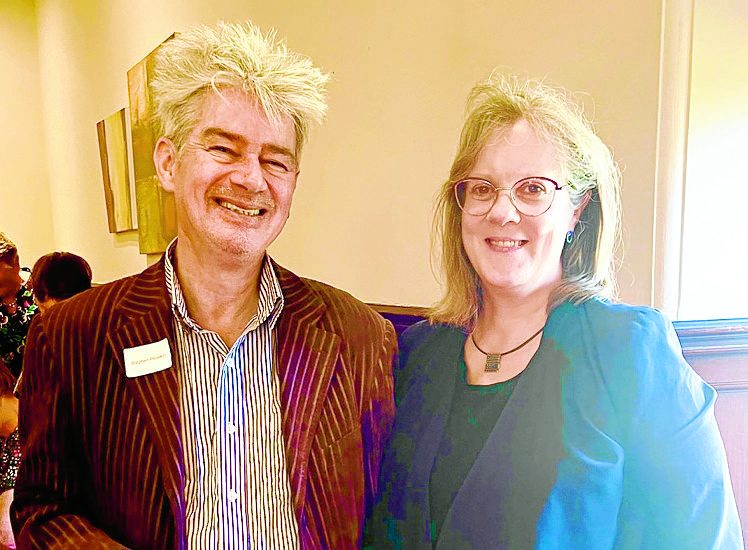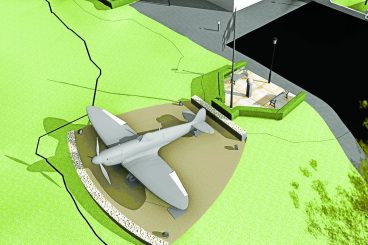David Gale lives with Becker muscular dystrophy. The condition causes muscles to weaken and waste over time, leading to increasing and often severe disability.
He requires assistance with his mobility and currently drives an adapted Vauxhall Astra and is due a new vehicle in mid-2022 under the Motability scheme.
The 38-year-old would like to lease an electric vehicle so he can minimise his carbon footprint but he says current charging infrastructure is unsuitable for the needs of disabled people which means he doesn’t feel like he can opt for one.
David said: “I don’t want to be desperately needing to charge my car only to reach a charging point that I can’t use because it hasn’t been designed with disabled people in mind.”
He said bays are too small as he needs more space to open a door to dismount into a wheelchair.
David added that a lack of dropped kerbs coupled with chargers and charging sockets and cables being too high and heavy for wheelchair users are just some examples of poor electric vehicle infrastructure.
He said: “Disabled people have been neglected to the point that it feels like our needs are ignored. The UK Equality Act 2010 says it’s illegal to discriminate against individuals with disabilities, yet so many companies that install charging areas are oblivious to this and carry on regardless.
“It feels like I’m being discriminated against. All charging points should be accessible in the first place, otherwise decades down the line more money will have to be spent to correct them.
“As the 2030 ban on the sale of new petrol and diesel cars approaches, it is imperative that disabled people aren’t left behind.”
Robert Burley, from Muscular Dystrophy UK, said: “Stories like David’s highlight how disabled people are so often treated as an afterthought. This is completely unacceptable and means disabled people may feel they are unable to opt for an electric car.”
























